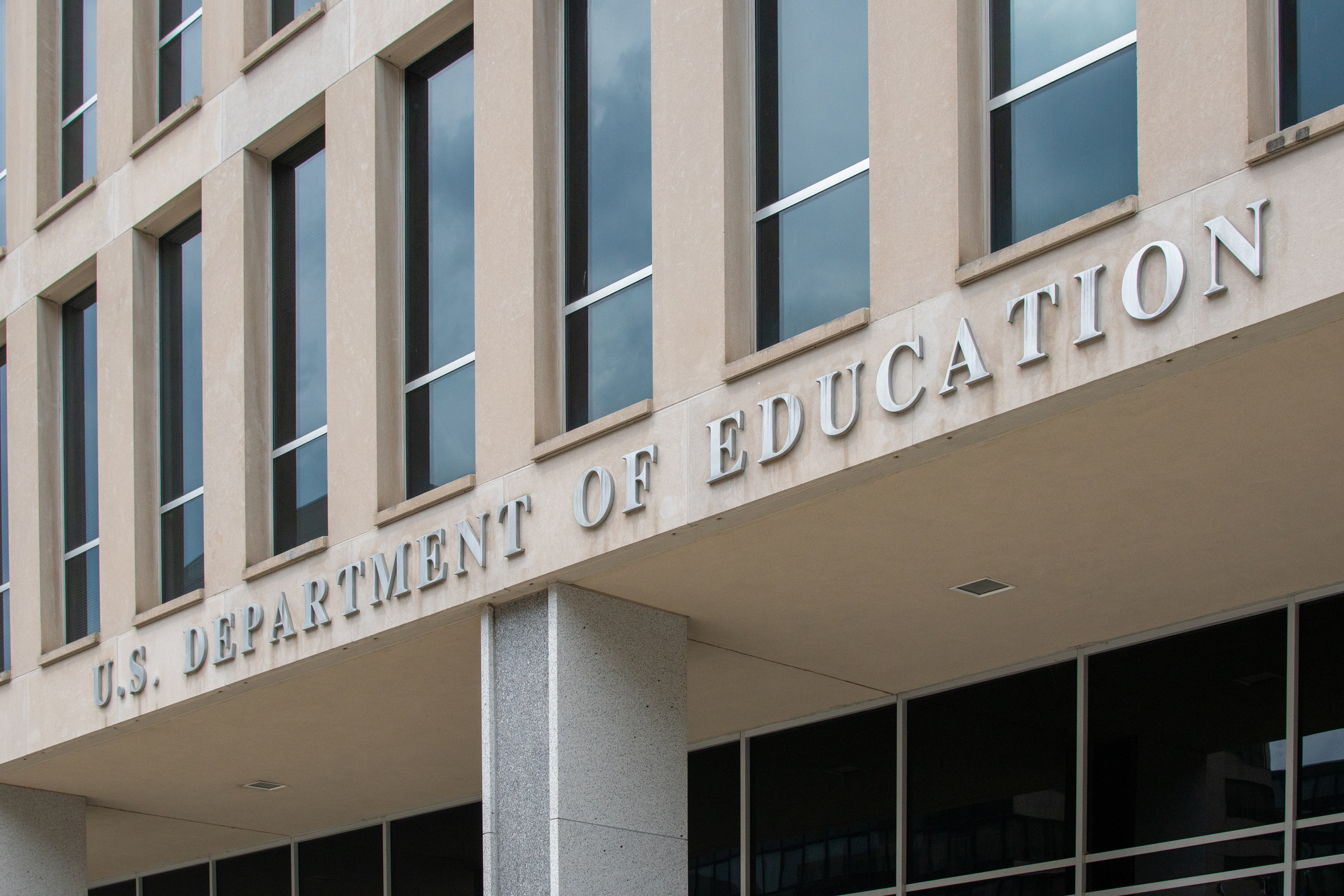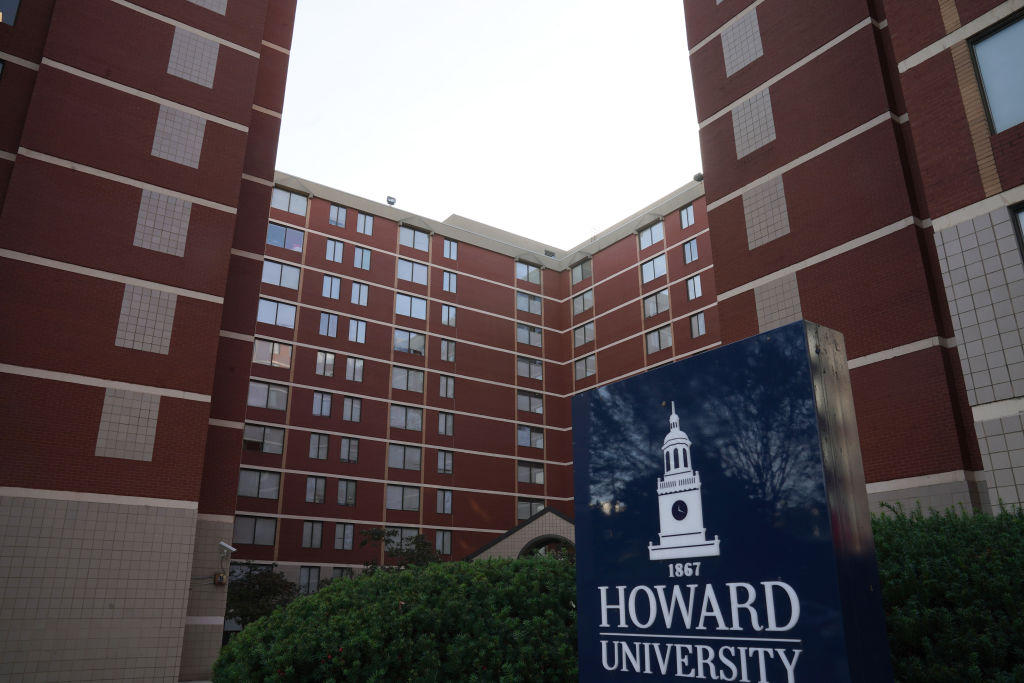The Trump administration has rescinded a historic settlement designed to improve wastewater treatment services for residents in majority-Black communities in Lowndes County, Alabama, where inadequate infrastructure has long led to raw sewage exposure.
On Friday, April 11, 2025, the U.S. Department of Justice (DOJ) announced the termination of the 2-year-old agreement made with the Alabama Department of Public Health (ADPH) under the Biden administration, describing it as an “illegal DEI and environmental justice policy.”
“The DOJ will no longer push ‘environmental justice’ as viewed through a distorting, DEI lens,” said Assistant Attorney General Harmeet K. Dhillon. “President [Donald] Trump made it clear: Americans deserve a government committed to serving every individual with dignity and respect, and to expending taxpayer resources in accordance with the national interest, not arbitrary criteria.”
On Jan. 20, 2025 — his first day back in office — Trump had signed an executive order titled “Ending Radical And Wasteful Government DEI Programs And Preferencing,” which prohibits federal agencies from engaging in diversity, equity, and inclusion programs.
U.S. Attorney General Pam Bondi then issued a memo on Feb. 5, 2025, with the subject “Rescinding ‘Environmental Justice’ Memoranda,” revoking directives from the Biden administration that prioritized enforcing environmental laws in “overburdened and underserved communities,” such as in Lowndes County.
The latest news from the DOJ brings attention to just how the ending of these efforts will affect communities all over the country. “Today’s closure is another step this administration has taken to eradicate illegal DEI preferences and environmental justice across the government and in the private sector,” the release read.
Residents in Alabama’s Black Belt region, particularly in Lowndes County, often face significant sanitation issues, with some resorting to discharging sewage directly onto the ground, AL.com reported.
In 2023, the DOJ paused its civil rights probe into ADPH when the state agency agreed to reforms, including suspending criminal penalties for sanitation violations and evaluating local wastewater systems — marking the first time in U.S. history that federal civil rights laws were used to address environmental injustice, according to Kristen Clarke, assistant attorney general of the Justice Department’s Civil Rights Division at the time.
Lowndes County native Catherine Coleman Flowers, founder of the Center for Rural Enterprise and Environmental Justice, was instrumental in the 2023 DOJ decision, advocating for better living conditions in Alabama’s Black Belt.
“Resilient and sustainable sanitation is a problem in rural communities across the U.S.,” Flowers said of the DOJ’s recent decision, per AL.com. “The people of Lowndes County exposed this issue to the American public. I pray that today’s action means that this administration will make sanitation a priority for all who are affected throughout rural America.”

















